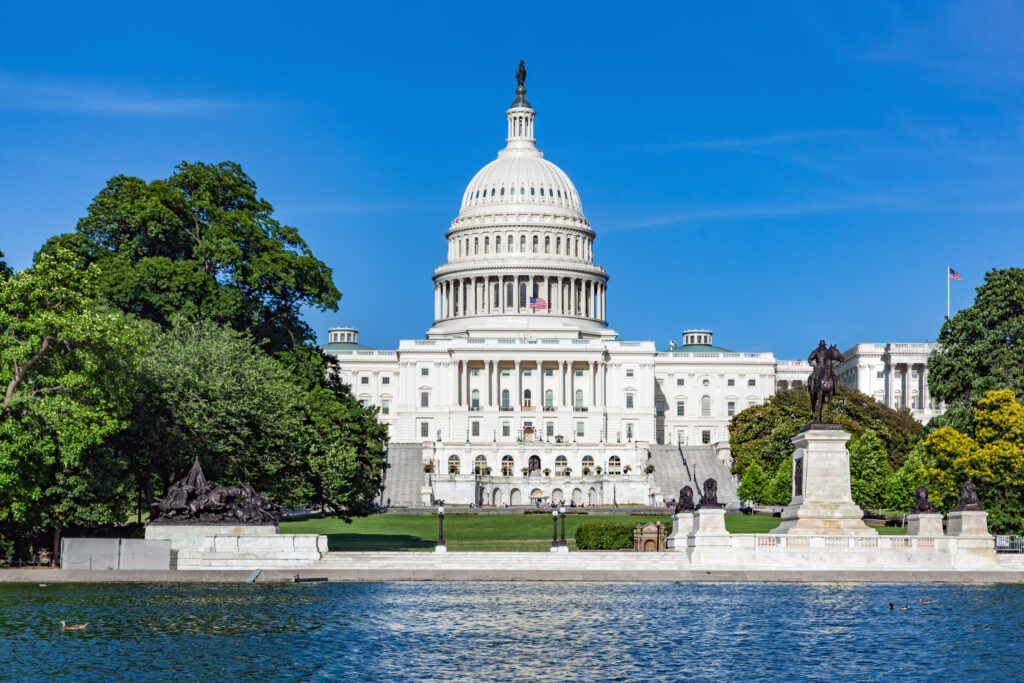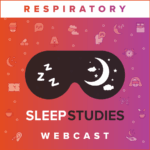Healthcare professionals are urged to assess the palliative care program at their respective hospitals.
Today I want to talk about death, but not about how to bill it or code it. Instead of that, today I want to talk about the care we provide patients as they approach death. And I want to start by saying we do not do a very good job of it.
Now, you are probably wondering why Dr. Hirsch, the Medicare regulation guy, is talking about death. Well, it is because Dr. Michael Salvatore was unable to appear on Monitor Mondays this week, and what he has to say warrants discussion, not only on my Monitor Mondays segment, but in a special article. For those unfamiliar with him, Dr. Salvatore is not only the physician advisor at Beebe Medical Center in Lewes, Del., but he is also the director of the hospital’s palliative care program and on the Editorial Board of RACmonitor, being a regular contributor to its e-news publications.
Last week Dr. Salvatore’s RACmonitor article was titled “Physician-assisted suicide: Dr. Jack Kevorkian and St. Thomas Aquinas.” It was another excellent piece calling for increased attention to the role of palliative care for our patients with cancer other terminal diseases while the debate over a patient’s right to end their own life continues to be heard at the state and national level.
It was a great article but two things made this piece really remarkable. First, on the day after this was published, Stat News published an article titled “The Cancer Stories no one Wants to Hear.” Here is the first paragraph:
“During the 11 months when my husband was dying of bladder cancer, few people wanted to hear how he was truly doing. They wanted to hear about hope, courage, and positivity, not about how he was unlikely to survive or his ruminations on how to live well while dying.”
The article ends with the stance that “our goal is to counter the cultural silence around death and dying. All of us need to hear the stories we’d rather not hear. Maybe they will, in small ways, inspire big questions and positive change.”
Then that same day, Dr. Salvatore sent me a copy of an email he got in response to his article. Here is that response in its entirety:
Dear Dr. Salvatore:
I just read your article, “PAS: Dr. Jack Kevorkian and St. Thomas Aquinas” in the RACmonitor e-News. After recently following a dear physician friend to the edge of that black hole into which he finally fell as we, his friends and family, agonized all the way with him, I deeply feel there has to be a better way to support those who are painfully approaching death. This was a wonderful man who did not deserve the last year of his life to be so consumed by metastatic pain and worry and sleeplessness and almost daily new medical evidence of his descent to the end. We all worried that not only was he going to leave us, but that the same would happen to his wife, who helplessly cared for him day and night.
In spite of his care being managed by a knowledgeable team of prominent group providers (not from the healthcare facility where I’m employed), including palliative and then very late hospice, no one seemed to be able to accept the ultimate responsibility for driving his care. And his end-of-life care was not aggressive. There were too many times when he went for days, even weeks, with unaddressed issues. Pain mediation was the number one problem and medication appeared to be the last resort for most of his physicians; they seemed hesitant and held back when finally they prescribed. (I would understand their concerns about addiction if he were not dying). He was shuffled back and forth between oncology, pain management, primary care, pulmonary, radiology, and neurology. When you said, “aggressive palliative care,” that hit the button for me. It’s what should have happened for him. Early on, there should have been care that kept whatever life he had left with as much quality as possible. He should have been pain-free, or at least with as minimal as possible pain. If any of that would have shortened his life, he would have preferred that. He said so. So keep up your push for ‘more widely available, earlier, and more aggressive palliative care.’ When my time comes, that’s what I want.
At a health summit in 2006, David Brennan, the head of AstraZeneca, an international pharmaceutical company, discussed the market for chemotherapy in the United States. What he said is worth reading.
“People want to have choice, they want to know what’s available, and if it’s good, they want to have it. Americans have a funny approach to this; we think death is optional,” he joked. “We treat an 87-year-old person with pancreatic cancer the same way we treat an 18-year-old with pancreatic cancer.”
“That’s not the case outside this country,” Brennan continued. “It’s very different. That’s an aspect of this market that’s very, very important that we need to maintain. I think the system in the United States, having toured the world, is great.”
Viewed another way, what this pharmaceutical company executive was saying is that he sees palliative care and hospice as a threat to profits. And too often, a tendency to provide chemotherapy with a person’s last breath is what happens.
In fact, our use of chemotherapy near the end of life is such a problem that the National Quality Forum has adopted a quality measure, NQF 0210, which measures the proportion of patients receiving chemotherapy in the last 14 days of life. Quality measures are only developed if there is a problem with the quality of care as it is currently being provided. It is quite telling that this measure had to be adopted.
So I urge RACmonitor subscribers to read Dr. Salvatore’s article – and in fact read all of his RACmonitor articles – then go to your hospital and assess your palliative care program. Is the sentiment expressed in the letter above what your cancer patients are facing?













